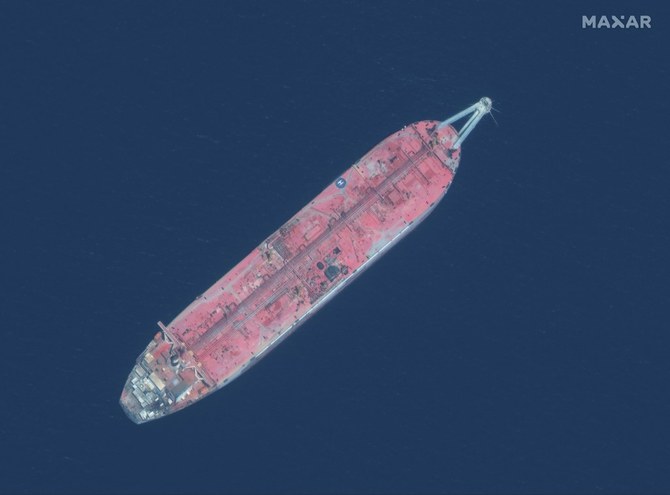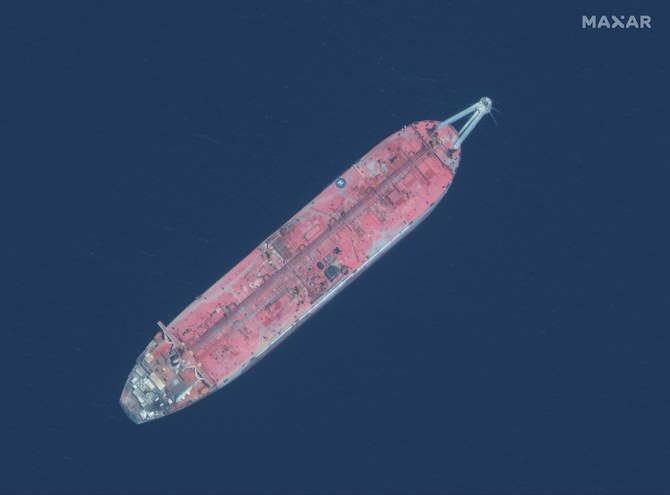The Iran-backed Houthi militia in Yemen on Sunday reneged on a deal to head off an environmental disaster in the Red Sea, only hours after reaching an agreement with the UN.

The Houthis first said they supported a new plan by UN officials to pump one million barrels of oil out of the decaying oil storage vessel Safer, which is moored off the port of Hodeidah.
But as the UN’s Yemen coordinator David Gressly hailed “constructive” talks on the plan, which is also supported by Yemen’s government, the Houthis backtracked. They said the UN was guilty of “continued disregard of its obligations” over the tanker and accused the UN mission of wasting funds allocated for maintaining the vessel.
The rusting storage tanker is more than 40 years old and has not been maintained since early 2015, when international experts fled as the Houthis took control of swaths of Yemen in a coup.
Environmentalists have issued a series of warnings about the danger. The Safer has neither power nor a functioning fire-fighting system, and volatile gases are thought to be building up inside. “The risk of imminent catastrophe is very real,” Gressly said. “We need … action as soon as possible.”
Greenpeace said last week that the Safer posed a “grave threat.” An oil spill would prevent access to Yemen’s main ports of Hodeidah and Salif, affecting food aid supplies for up to 8.4 million people.
The environmental group said desalination plants on the coast could be affected, which would interrupt the drinking water supply for about 10 million people. Yemeni fisheries would probably shut down and ecosystems in the Red Sea would be destroyed, it said, with the impact reaching Saudi Arabia, Djibouti and Eritrea.

The Safer crisis erupted again as the top US military officer in the Middle East arrived in the UAE for defense talks after a series of Houthi missile attacks on Abu Dhabi.
Gen. Frank McKenzie, head of Central Command, said: “I think it’s a very worrisome time for the UAE. They’re looking for support. We’re here to help provide that support.” Last week the Pentagon deployed advanced F-22 fighter jets and the guided missile destroyer USS Cole to the UAE.
McKenzie blamed Iran for the attacks on Abu Dhabi. “Medium-range ballistic missiles that were fired from Yemen and entered the UAE were not invented, built, designed in Yemen,” he said. “All that happened somewhere else. So I think we certainly see the Iranian connection to this.”
Source: Arab News






